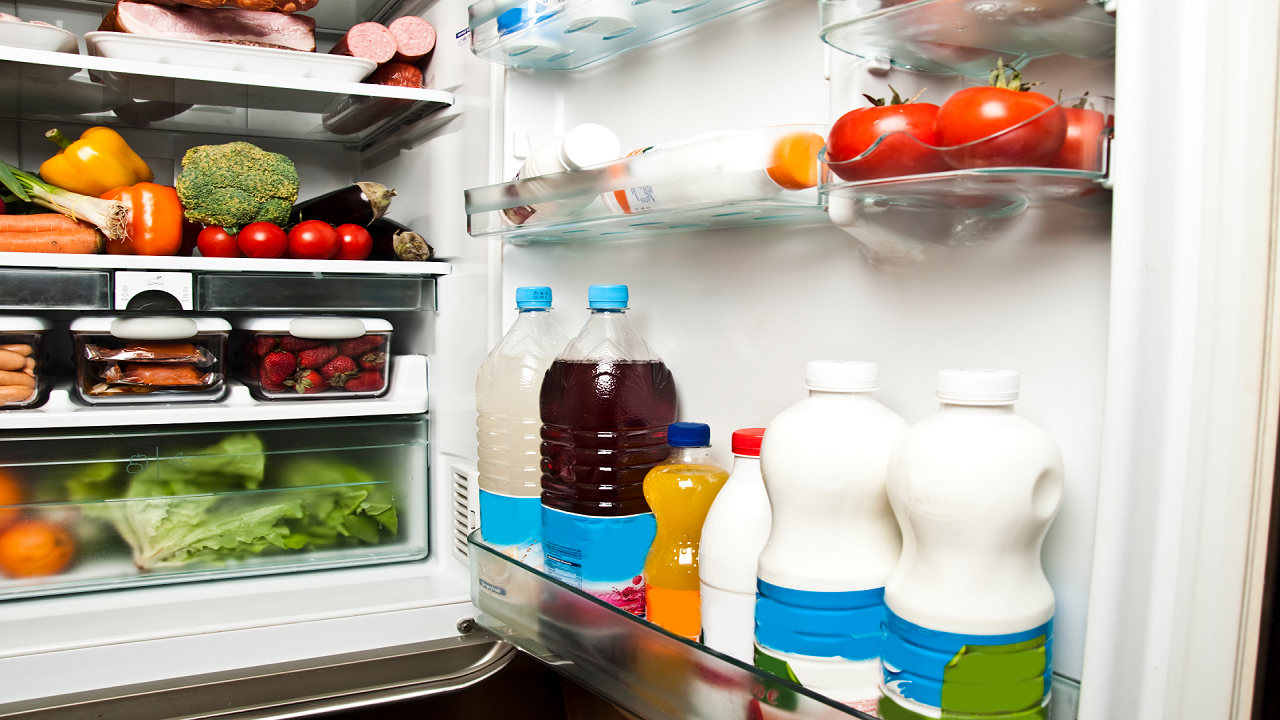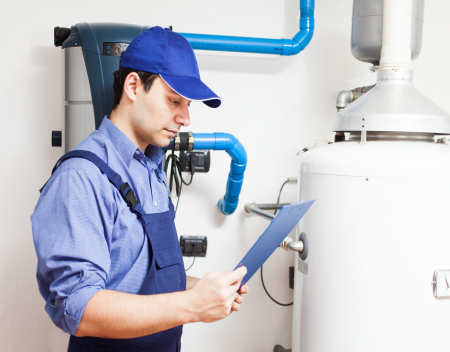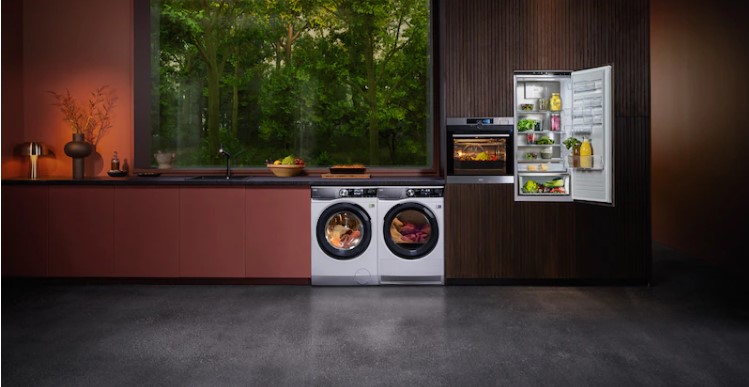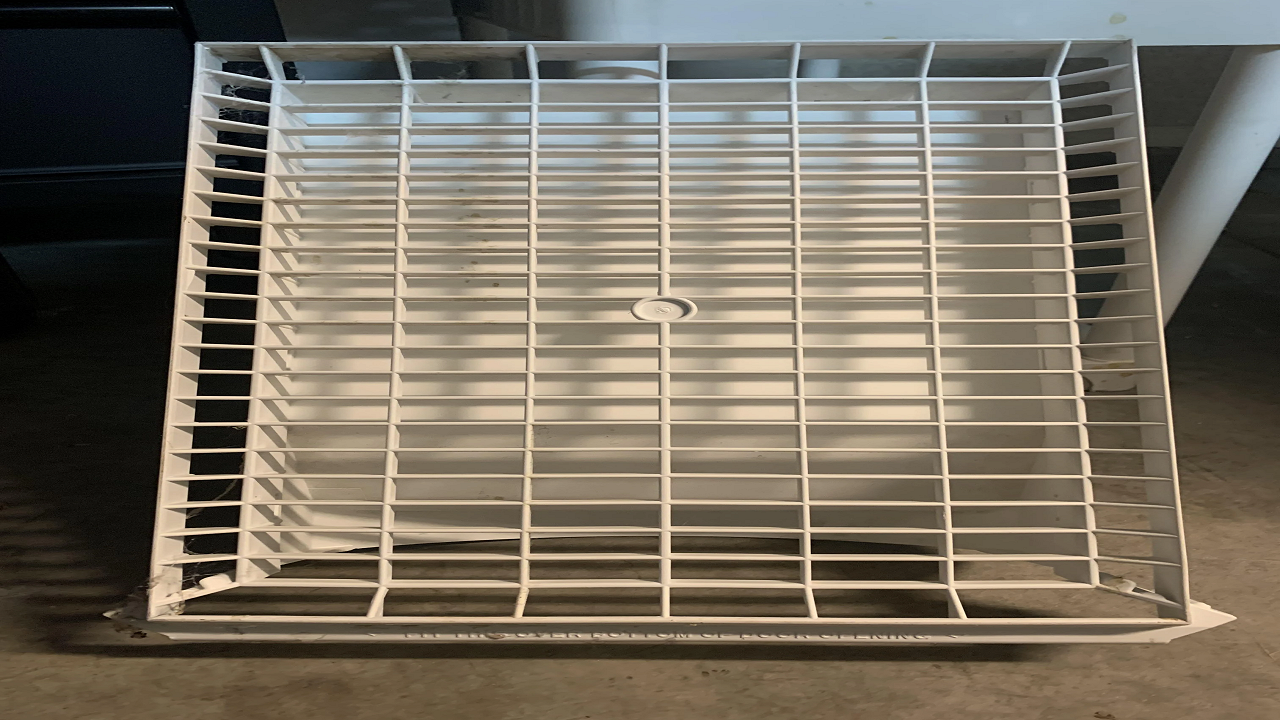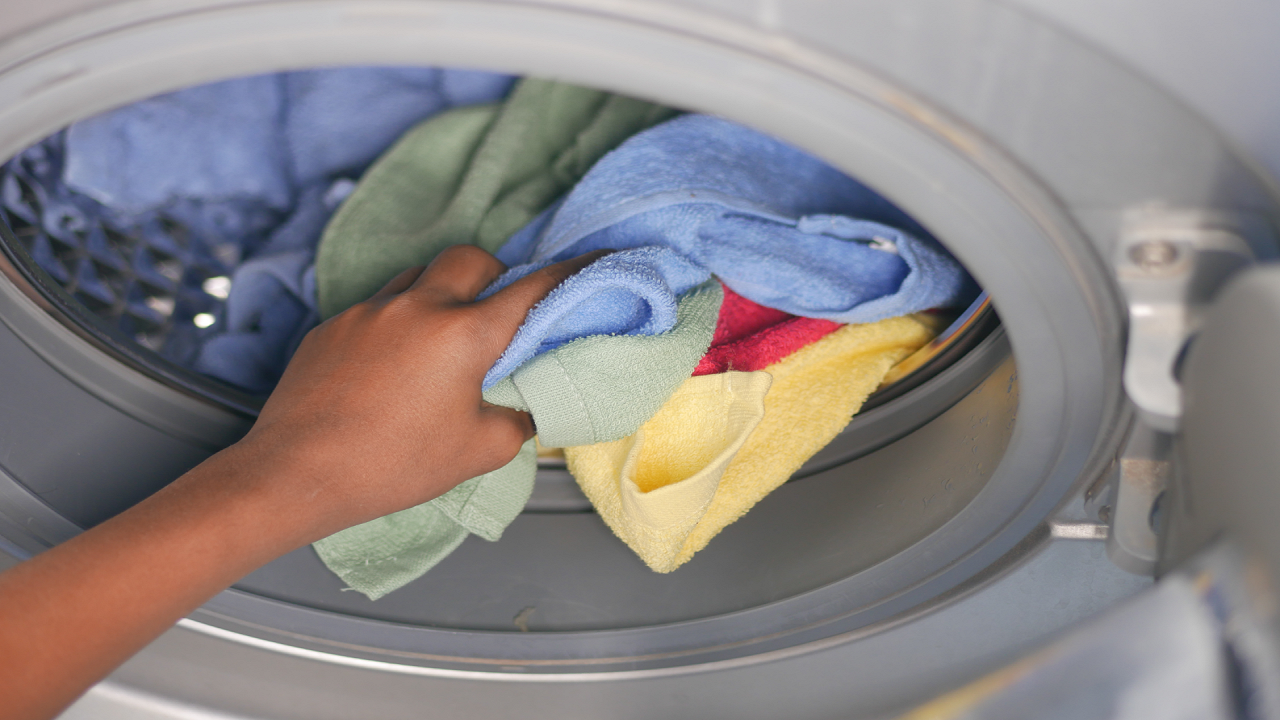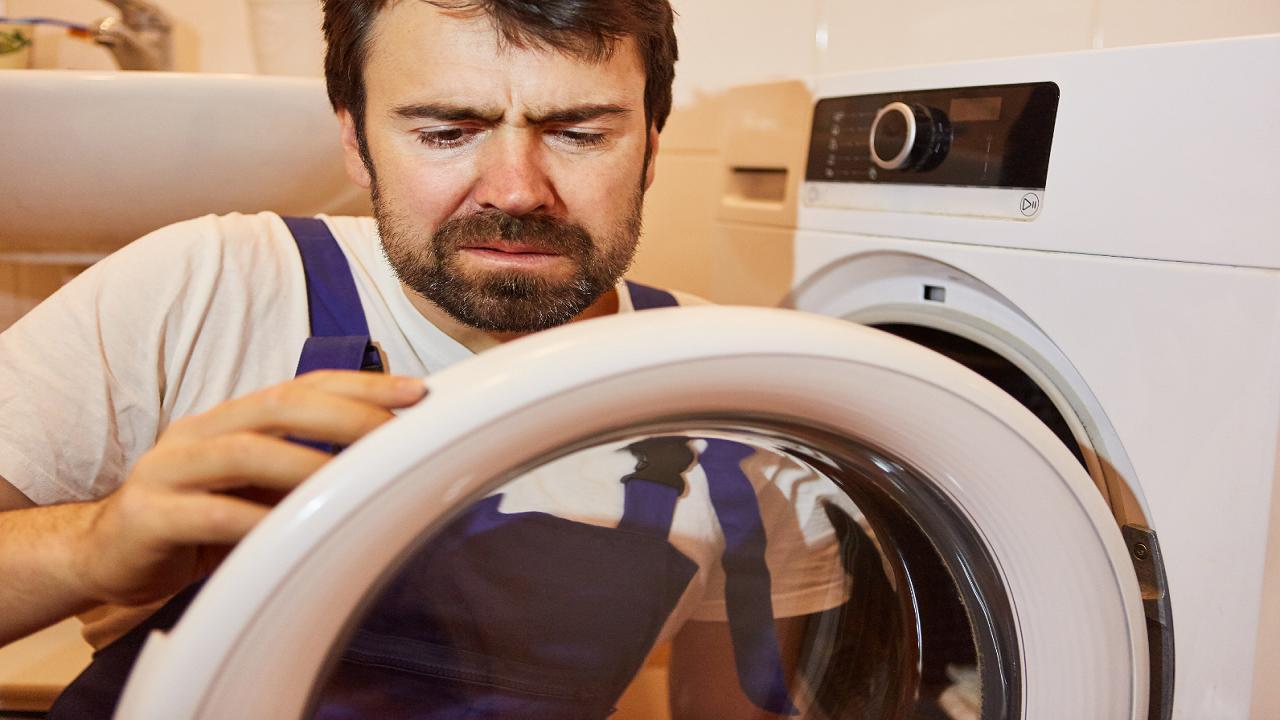Appliance Types
- Air Conditioner
- Automobile
- Chainsaw
- Circular Saw
- Dishwasher
- Drills
- Dryer
- Drywall Screw Gun
- Furnace
- Gas Fireplace
- Gas Grill
- Gas Patio Heater
- Grinder
- Heat Pump
- Impact Driver
- Impact Wrench
- Microwave
- Nailer
- Orbital Sander
- Pool Heaters
- Powerwall
- Range
- Refrigerator
- Television
- Washer
- Water Heater
Appliance Brands
- A.O. Smith
- AccuCold
- Admiral Craft
- AGA
- Airrex
- Amana
- Ambiance
- American Range
- American Standard
- American Water Heaters
- Aquacal
- Armstrong
- Asko
- Avanti
- Avenlur
- Azure
- Beko
- Bellfires
- Bertazzoni
- Blackstone
- Blaze
- Blomberg
- BlueStar
- Bosch
- Bradford White
- Bromic
- Bryant
- Cafe
- Calcana
- Capital
- Carrier
- Char-Broil
- Char-Griller
- Chrysler
- Coates
- Coleman
- Comfortmaker
- Commercial Chef
- Continental
- Cosmo
- Cove
- Crown Verity
- Dacor
- Daikin
- Danby
- Danfoss
- DaVinci
- DCS
- Deco
- DeWALT
- Ducane
- Dyna-Glo
- Dyson
- EcoSmart
- Electrolux
- Element4
- Empava
- Equator
- Eurodib
- European Home
- Everdure
- Farberware
- Fhiaba
- FibroPool
- Fire Sense
- Fisher
- FiveStar
- Flare
- Flash Furniture
- Focus
- Ford
- Forno
- Forte
- Frigidaire
- Fulgor Milano
- Gaggenau
- GE
- General Motors
- GlowBrand
- Goodman
- Grundig
- GSW
- Haier
- Hayward
- Heatstar
- Heil
- Hestan
- Hisense
- Hitachi
- Hotpoint
- iio
- Ilve
- Impecca
- Ingignia
- Insignia
- JennAir
- John Wood
- Keeprite
- Kenmore
- Kenyon
- KitchenAid
- Kucht
- La Cornue
- Lennox
- LG
- Liebherr
- Lifetime
- Lion
- Luxaire
- Lynx
- Magic Chef
- Marvel
- Maytag
- McQuay
- MicroFridge
- Midea
- Miele
- Migali
- Monogram
- Montigo
- Mr Heater
- Napoleon
- Navien
- Nexgrill
- Noritz
- Panasonic
- Patio Comforts
- Payne
- Pentair
- Perlick
- PITT
- Premier
- Raypak
- Real Fyre
- Regency
- Reliance
- Rheem
- Rinnai
- Roma
- Ruud
- Saber
- Samsung
- Schwank
- Sharp
- Smeg
- Solas
- Sony
- Spartherm
- Speed Queen
- StaRite
- State Water Heaters
- Stiebel Eltron
- SubZero
- Summerset
- Summit
- SunGlo
- SunPak
- Sunpentown
- SunStar
- Superiore
- Takagi
- TCL
- TEC
- Tempstar
- Tesla
- Thermador
- Thor Kitchen
- Toshiba
- Town and Country
- Toyota
- Traeger
- Trane
- Twin Eagles
- U-Line
- Unique
- Vaillant Group
- Valor
- Verona
- Victory
- Viessmann
- Viking
- Vizio
- Weber
- Westinghouse
- Whirlpool
- Whynter
- York
- ZLINE
Article Categories
- Air Conditioners
- Appliance Care
- Appliance News
- Dishwasher News
- Drying Machines
- Furnaces
- Gas Fireplaces
- Microwaves
- Pool Heaters
- Refrigerators
- Stoves - Ranges
- Tips and Tricks
- Washing Machines
- Water Heaters
More Articles
What is the Difference Between a Heat Pump and a Furnace?
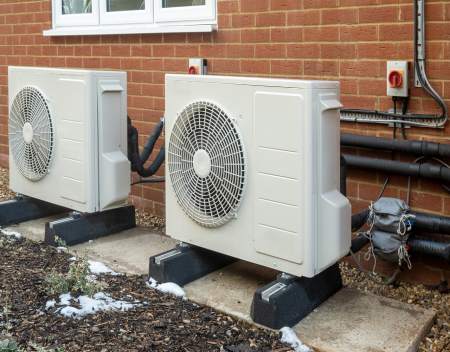
Finding the perfect HVAC system for your home is vital. Without doing so, you'll risk compromising your comfort and reducing energy efficiency. When selecting a heating system for your home, there are two systems to choose from: a heat pump and a furnace. The question is, what's the difference between the two and which will work best for your needs?
Furnaces
Most homeowners are familiar with furnaces. A furnace will generate heat by burning natural gas or oil before blowing it into your home. There are also furnaces powered by electricity. While furnaces were once considered highly inefficient, recent innovations in technology make some models up to 98-percent efficient, which means only 2 percent of the forced air escapes.
A furnace is also a good choice if you have natural gas lines by your home and recently installed an air conditioning system. It can cost significantly less to complement your AC system with a furnace than installing a backup heating method such as a heat pump.
Heat Pumps
Unlike furnaces, heat pumps don't use fuel sources or generate heat. Instead, they rely on electricity and refrigerant to extract heat from the outdoor air and blow it into the home. What's more, a heat pump can also work in reverse in the summer to extract warm air out of your home to cool it down.
Since a heat pump relies on electricity to move heat, it can have up to 300-percent efficiency. It only takes one unit of electrical energy to move three units of heat into the home when operating at its peak. Heat pumps are also an ideal choice if your home isn't located by any natural gas lines, since they rely on electricity. The downside is that, as the temperature outside drops below freezing, it impacts that efficiency.
Source: Re-posted and Summarized from Brennans HVAC.

Finding the perfect HVAC system for your home is vital. Without doing so, you'll risk compromising your comfort and reducing energy efficiency. When selecting a heating system for your home, there are two systems to choose from: a heat pump and a furnace. The question is, what's the difference between the two and which will work best for your needs?
Furnaces
Most homeowners are familiar with furnaces. A furnace will generate heat by burning natural gas or oil before blowing it into your home. There are also furnaces powered by electricity. While furnaces were once considered highly inefficient, recent innovations in technology make some models up to 98-percent efficient, which means only 2 percent of the forced air escapes.
A furnace is also a good choice if you have natural gas lines by your home and recently installed an air conditioning system. It can cost significantly less to complement your AC system with a furnace than installing a backup heating method such as a heat pump.
Heat Pumps
Unlike furnaces, heat pumps don't use fuel sources or generate heat. Instead, they rely on electricity and refrigerant to extract heat from the outdoor air and blow it into the home. What's more, a heat pump can also work in reverse in the summer to extract warm air out of your home to cool it down.
Since a heat pump relies on electricity to move heat, it can have up to 300-percent efficiency. It only takes one unit of electrical energy to move three units of heat into the home when operating at its peak. Heat pumps are also an ideal choice if your home isn't located by any natural gas lines, since they rely on electricity. The downside is that, as the temperature outside drops below freezing, it impacts that efficiency.
Source: Re-posted and Summarized from Brennans HVAC.
Robotics for All Ecovacs Robotics redefines corporate vision and mission in 2022
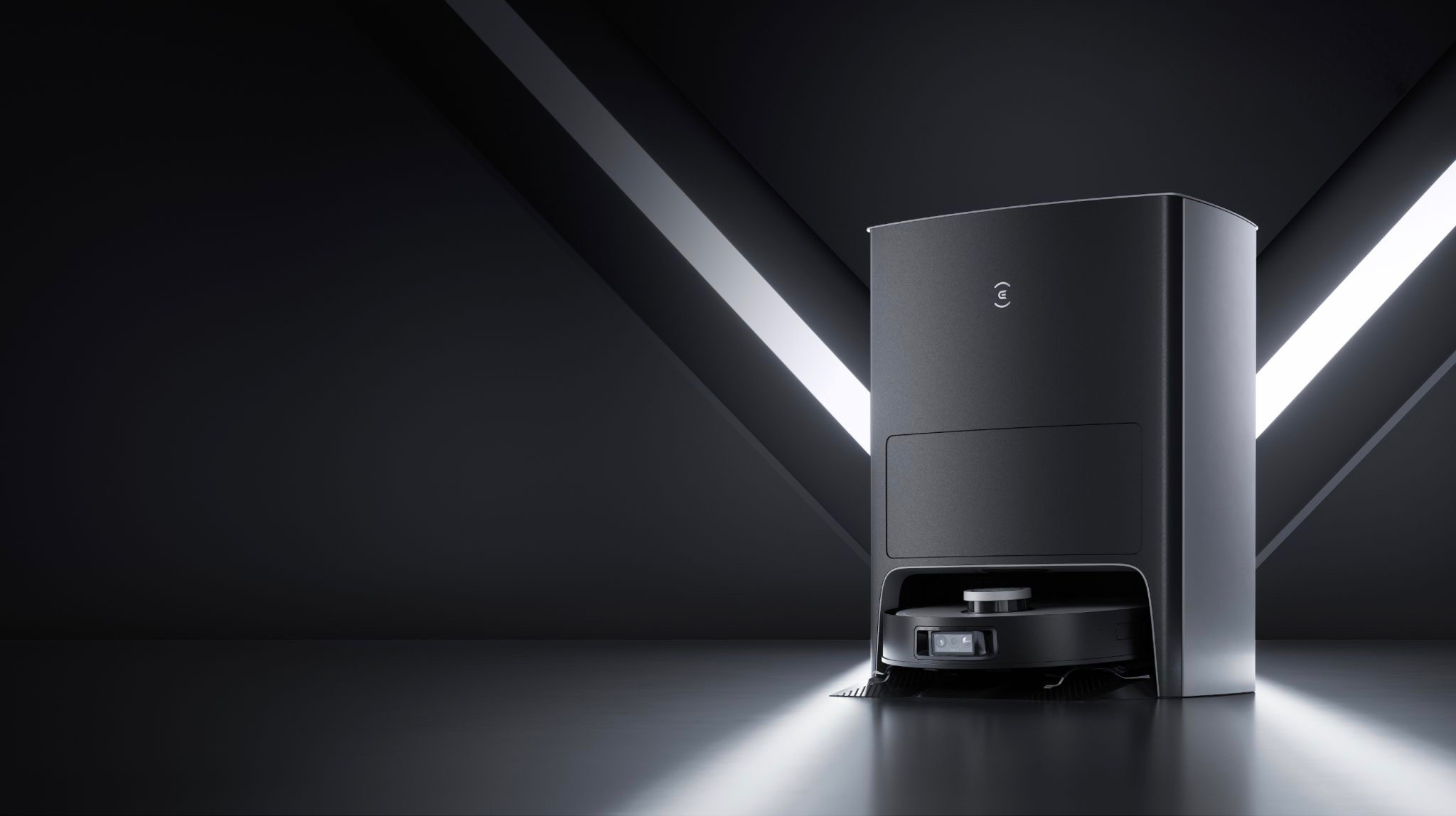
Washing machine door gasket leaking but it’s clean and has no holes
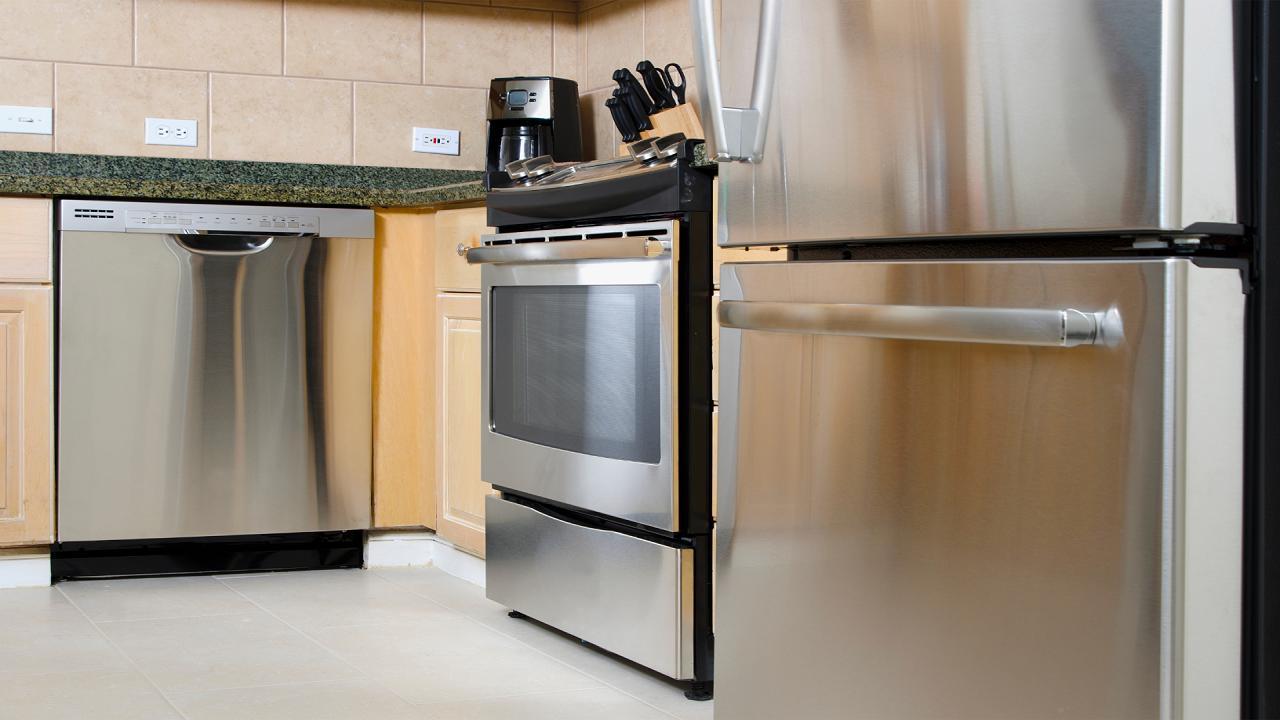
Refrigerator not cooling, freezer working just OK
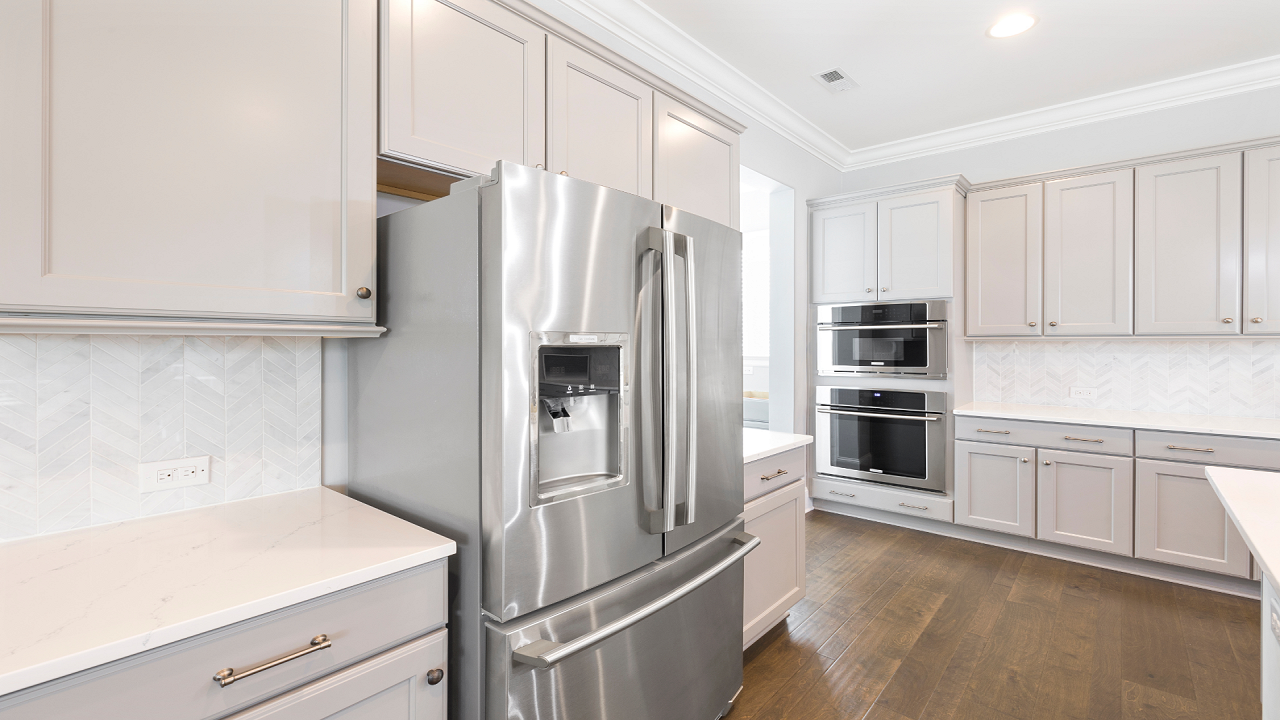
How do I clean the ice maker in my refrigerator?
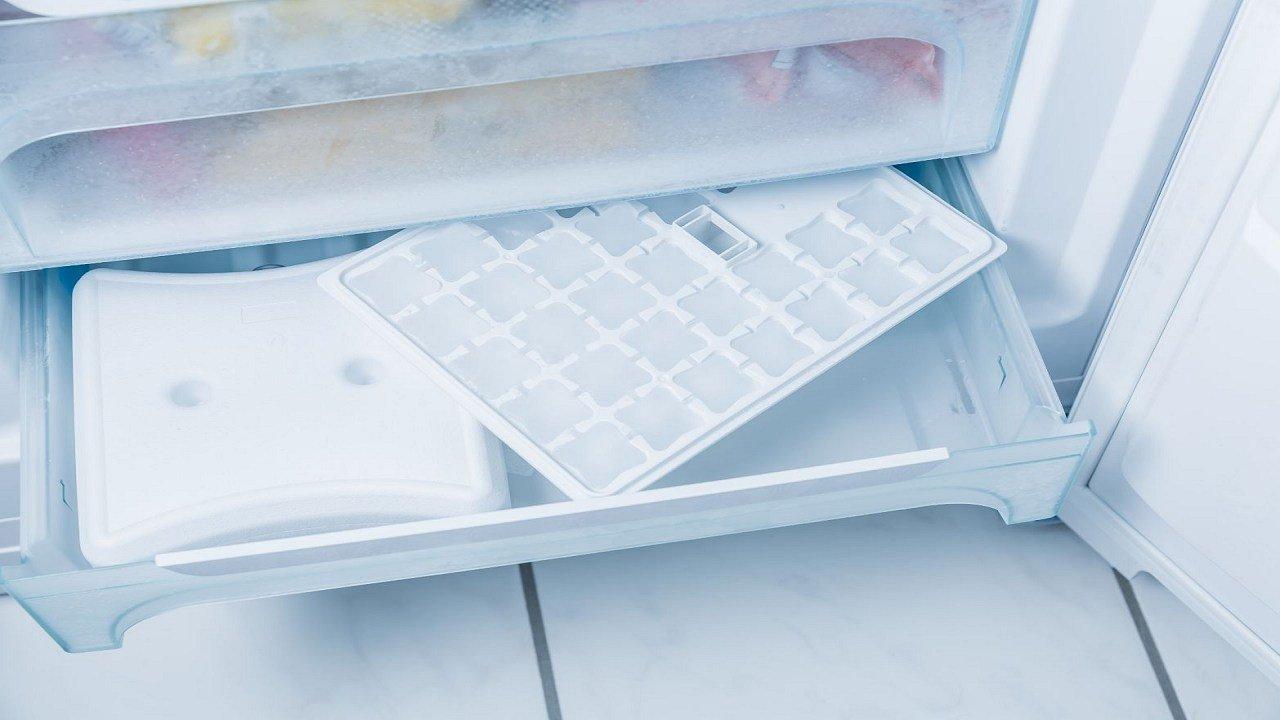
Need opinions on refrigerator options
